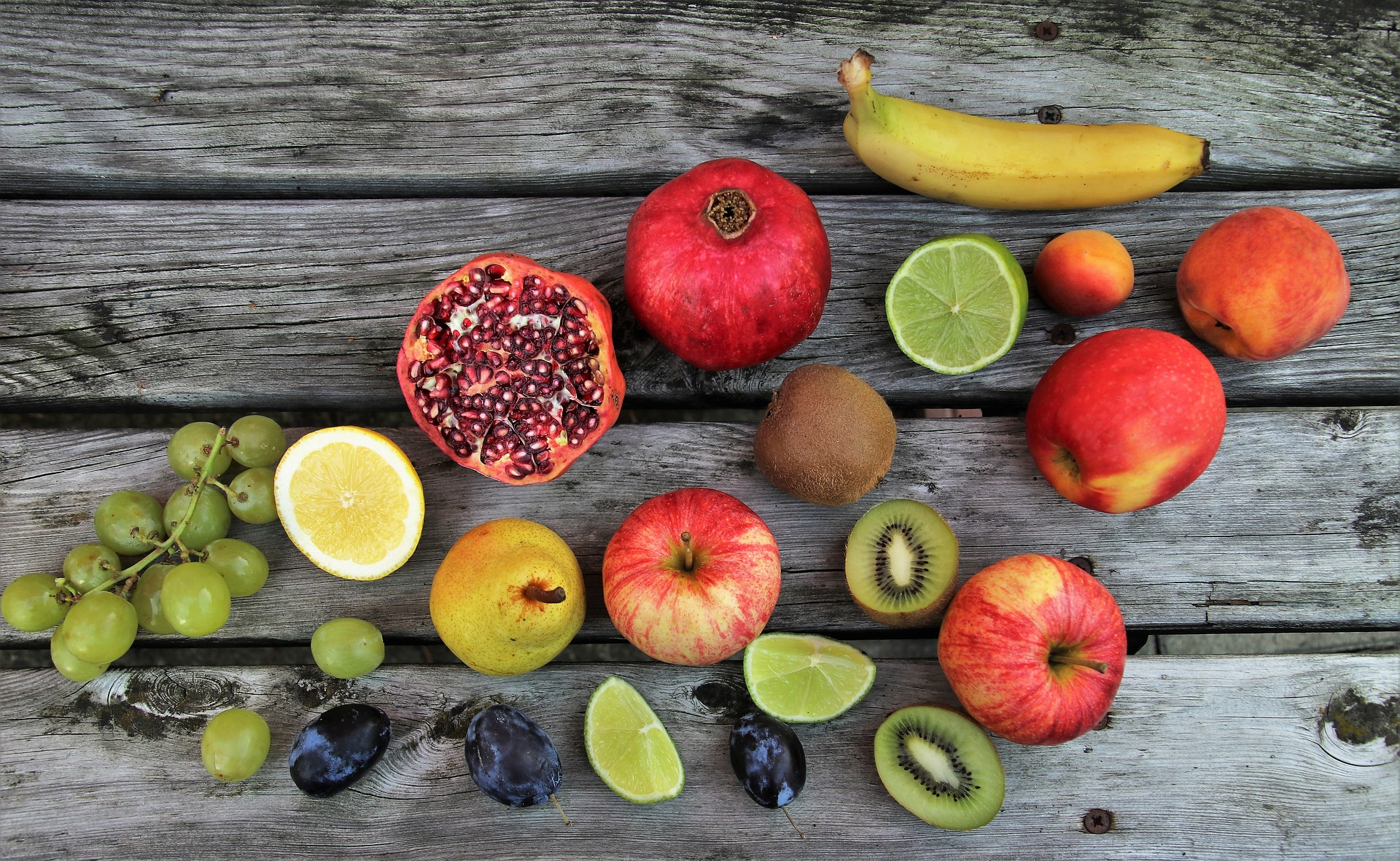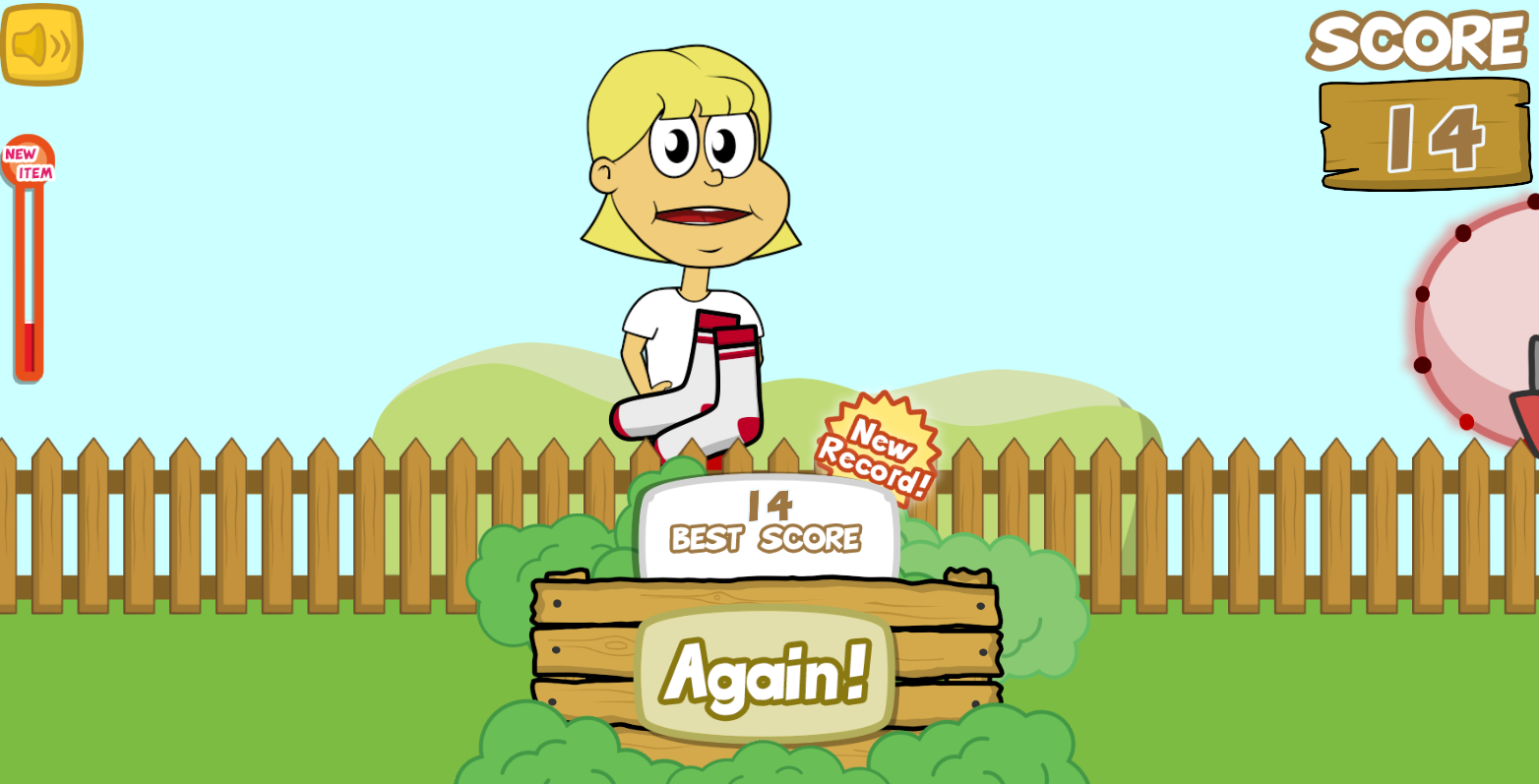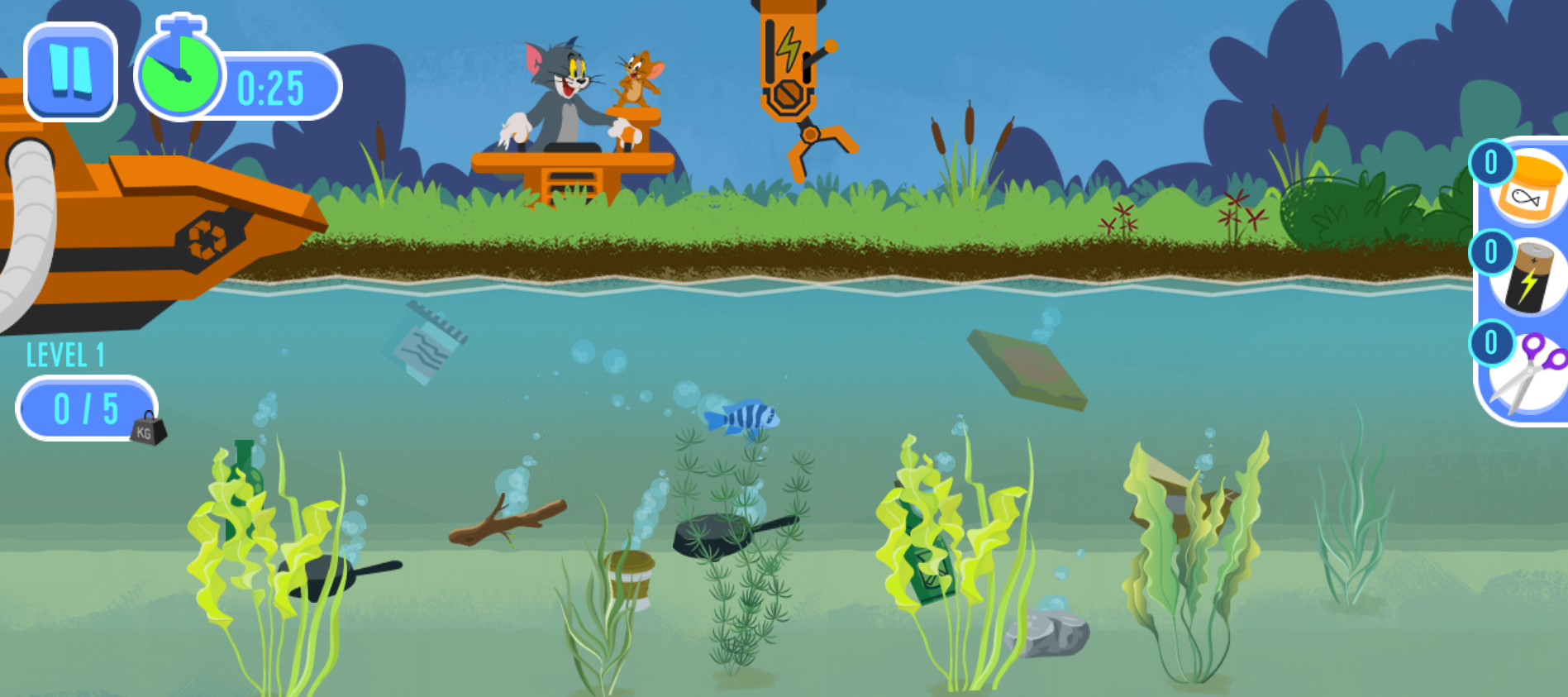Ah, what a delightful adventure awaits! 🌎🍽️ Preparing junior travelers to explore the world through cuisine is like handing them a passport to flavors, traditions, and stories. But first, we have to let them explore the beautiful world of Food. Teaching about Ingredients, cooking skills, waste management, and native fruits & vegetables is a great stepping stone before we jump on the bandwagon of global cuisine. Trying to teach them through cookbooks is boring as kids’ window of attention is very small. But they love games, and when you combine that with learning, magic happens !. Not only do kids but we as parents also get engrossed and it turned out to be a family activity that can be done on the go. So we took this approach and it turned out to be a surprisingly cool thing to do :

1. Food Classification Games: Learning the Basics
Here’s how food classification games can help:
- Sorting and Categorization: Games that involve sorting food items into different categories (fruits, vegetables, grains, proteins, etc.) enhance kids’ understanding of food groups. Whether it’s a digital game or a hands-on activity, kids learn to recognize and differentiate between various foods.
- Memory Games: Memory matching games with food cards can help kids associate names with specific foods. For example, matching a picture of an apple with the word “apple” reinforces vocabulary and visual recognition.
- Guess the Ingredient: In this game, kids close their eyes, taste a small piece of food, and try to guess the ingredients. It encourages sensory exploration and helps them learn about flavors and textures.

Can I eat It ??
2. Cooking Games: From Play Kitchen to Real Kitchen
Cooking games provide a bridge between play and practical skills. Here’s why they’re valuable:
- Imagination and Creativity: Play kitchens allow kids to pretend they’re chefs, experimenting with ingredients and creating imaginary dishes. As they grow older, this creativity can translate into real cooking skills.
- Following Instructions: Cooking games often involve step-by-step instructions. When kids follow these instructions, they learn about sequencing, measurements, and kitchen safety.
- Understanding Ingredients: Cooking games introduce kids to various ingredients. They learn about fruits, vegetables, spices, and more. Plus, they discover how these ingredients come together to make delicious meals.
3. Waste Management Games: Reducing Food Waste
Teaching kids about responsible food disposal is crucial. Games can make this topic engaging:
- Composting Challenge: Kids can play a virtual game where they sort food scraps into compostable and non-compostable items. This reinforces the importance of composting and reducing waste.
- “Clean Plate” Game: Encourage kids to finish their meals by turning it into a game. The goal is to have an empty plate, minimizing food waste.
- Food Rescue: In this game, kids rescue “ugly” fruits and vegetables from being discarded. It teaches them that imperfect produce is still nutritious and valuable.

You may find the games shared above & many more at CulinarySchoolGames.org . Whether you’re a budding chef, a curious kid, or someone who simply enjoys cooking, this website offers a delightful collection of free online cooking and baking games.
Games provide a dynamic and interactive way to teach kids about food. Whether they’re identifying fruits, cooking up imaginary feasts, or learning about waste reduction, games foster curiosity, critical thinking, and a positive relationship with food. So, let’s play and learn together! 🎮🍎🍳
